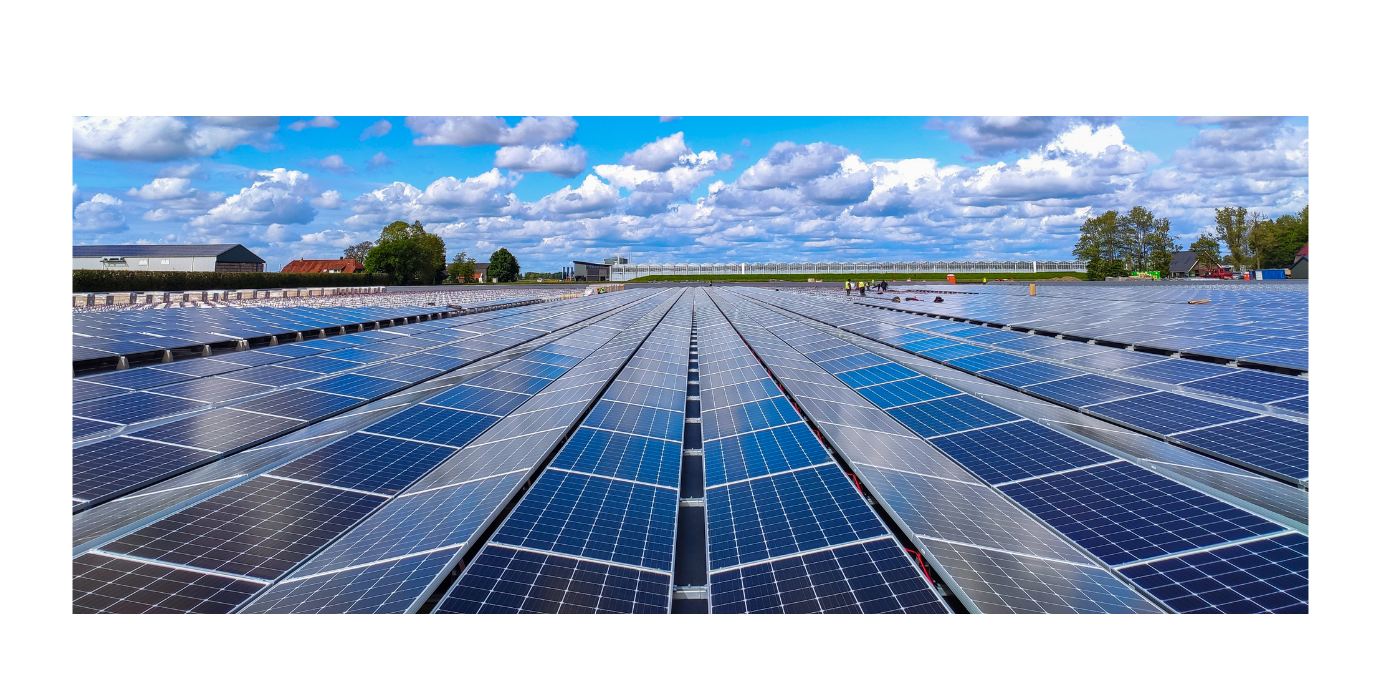The adoption of solar energy is transforming the global energy landscape, offering numerous economic benefits and insights. As the world shifts towards sustainable energy sources, the Economic Solar Impact has become a crucial area of study. In 2024, the expansion of solar energy continues to generate significant economic advantages, from job creation to cost savings and beyond. This blog post explores the various facets of the Economic Solar Impact, delving into the specific benefits and providing insights into its influence on different sectors.
The transition to solar energy is not only an environmental imperative but also an economic opportunity. As we progress through 2024, the Economic Solar Impact is more pronounced than ever, influencing various aspects of the global economy. This blog post will examine the benefits and insights associated with the adoption of solar energy, highlighting its effects on job creation, energy costs, economic growth, and technological advancements.

Job Creation and Economic Solar Impact
One of the most significant benefits of solar energy adoption is the creation of jobs. The solar industry has become a major employer, offering a wide range of opportunities in manufacturing, installation, maintenance, and research and development. In 2024, the Economic Solar Impact on employment is evident, with thousands of jobs being created worldwide. The growth of the solar sector has not only provided employment opportunities but also contributed to economic stability in many regions. As more countries invest in solar infrastructure, the demand for skilled workers continues to rise, further boosting the economy.
Energy Cost Savings and Economic Solar Impact
Another critical aspect of the Economic Solar Impact is the reduction in energy costs. Solar energy offers a cost-effective alternative to traditional fossil fuels, providing long-term savings for both individuals and businesses. In 2024, advancements in solar technology have made it more affordable and efficient, allowing more people to benefit from lower energy bills. The widespread adoption of solar energy has also led to increased competition in the energy market, driving down prices and making clean energy more accessible to all. These cost savings translate into increased disposable income and greater financial stability for households and businesses alike.

Economic Growth and Investment
The Economic Solar Impact extends beyond job creation and cost savings, playing a significant role in driving economic growth and attracting investment. In 2024, the global solar market will continue to expand, with investments pouring into solar projects and infrastructure. This influx of capital has spurred innovation and technological advancements, further enhancing the efficiency and affordability of solar energy. As a result, countries that invest in solar energy are not only reducing their carbon footprint but also positioning themselves as leaders in the green economy. The growth of the solar industry has also stimulated related sectors, such as battery storage and electric vehicles, creating a ripple effect that boosts overall economic growth.
Technological Advancements and Economic Solar Impact
Technological advancements have played a pivotal role in the Economic Solar Impact, driving down costs and increasing the efficiency of solar panels and systems. In 2024, innovations in solar technology continue to emerge, making it possible to harness solar energy more effectively than ever before. From improved photovoltaic cells to advanced energy storage solutions, these technological breakthroughs are revolutionizing the solar industry. The Economic Solar Impact of these advancements is multifaceted, leading to lower production costs, increased energy output, and greater adoption of solar energy. As technology continues to evolve, the economic benefits of solar energy are expected to grow, further solidifying its position as a key player in the global energy market.

Conclusion
The Economic Solar Impact in 2024 is undeniable, offering numerous benefits and insights that extend beyond environmental sustainability. The adoption of solar energy has created jobs, reduced energy costs, stimulated economic growth, and driven technological advancements. As we look to the future, the Economic Solar Impact will continue to play a crucial role in shaping the global economy, providing a sustainable and prosperous path forward. Embracing solar energy is not just an environmental choice but an economic opportunity that promises lasting benefits for individuals, businesses, and nations worldwide.






